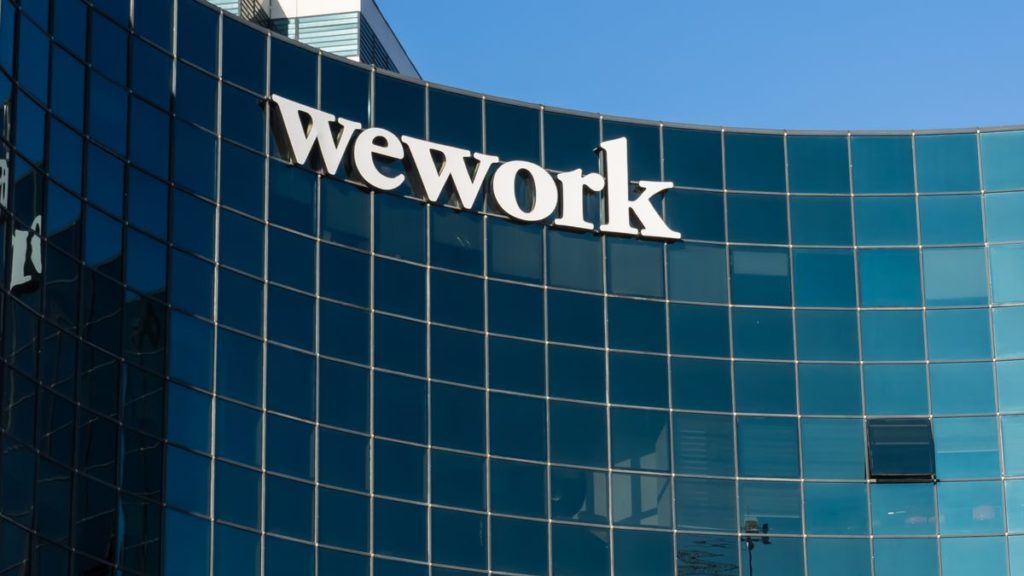WeWork Company plans to remove non-performing sites as the net loss increases to $1.25 billion in Q3 2019.

On Wednesday, the WeWork owner declared a net loss that has been more than doubled to $1.25 billion in the third quarter, as the company’s operator added a record number of desks to its global network but was unable to control rising costs.
In the quarter ended Sept. 30, WeWork opened 97 new sites, the biggest quarterly expansion ever, bringing its total number of offices from 528 to 625 at the end of June, a summary of its earnings shown to bondholders.
The company has also extended its operations to a total of 16 cities and raised its global footprint to 127 and its site number by four to 33. Reuters’ presentation has shown the results. The number of customers’ desks, including its Indian affiliate, rose to a record 115,000 in the quarter to 719,000. It had 354,000 desks one year ago. At the end of the third quarter, the company had 2 billion dollars in cash, with three Asian affiliates making $600 million.
WeWork also had $3.4 billion in commitments from SoftBank Group Corp that acquired control of the company in October, and another $1.5 billion in SoftBank’s existing warrants exercised last month, the presentation revealed.
Gross profit from the workplace membership’s sale and service revenue rose from $454 million in the year-ago quarter to $808 million in the third quarter.
But the losses grew from $497 million a year ago, as costs increased faster than the breakneck growth of WeWork which is being curtailed by the new management after a disastrous effort to go public. Yet leasing pipelines will likely lead to rapid growth in the fourth quarter and by 2020.
The growth of new sites ran from $69 million a year earlier to $288 million; general and administrative costs rose from $81 million to $157 million; sales and marketing amounted to $194 million compared to $108 million.
A presentation made last week to bondholders by WeWork revealed that it would terminate seven “non-core” offices, prioritized “profitable” growth and “right-size” activities in their 90-day plan.
The collapse of WeWork has baffled experts from the industry, who commend the company for having made flexible working space a luxury big companies want but its financial structure is baffling.
Ryan Simonetti, chief executive and co-founder of Convene said that, as WeWork reorganizes, the company will have fewer places and will get rid of non-performing sites.
On 30 Sept, after investors became worried about their investments, business and corporate governance, WeWork dismissed its intentions to go public, prompting former CEO and co-founder Adam Neumann to resign a week ago.
When the firm registered to go public in August, the value of $47 billion collapsed, forcing SoftBank to bail out WeWork, with a pledge of $6.5 billion in October.



















































































